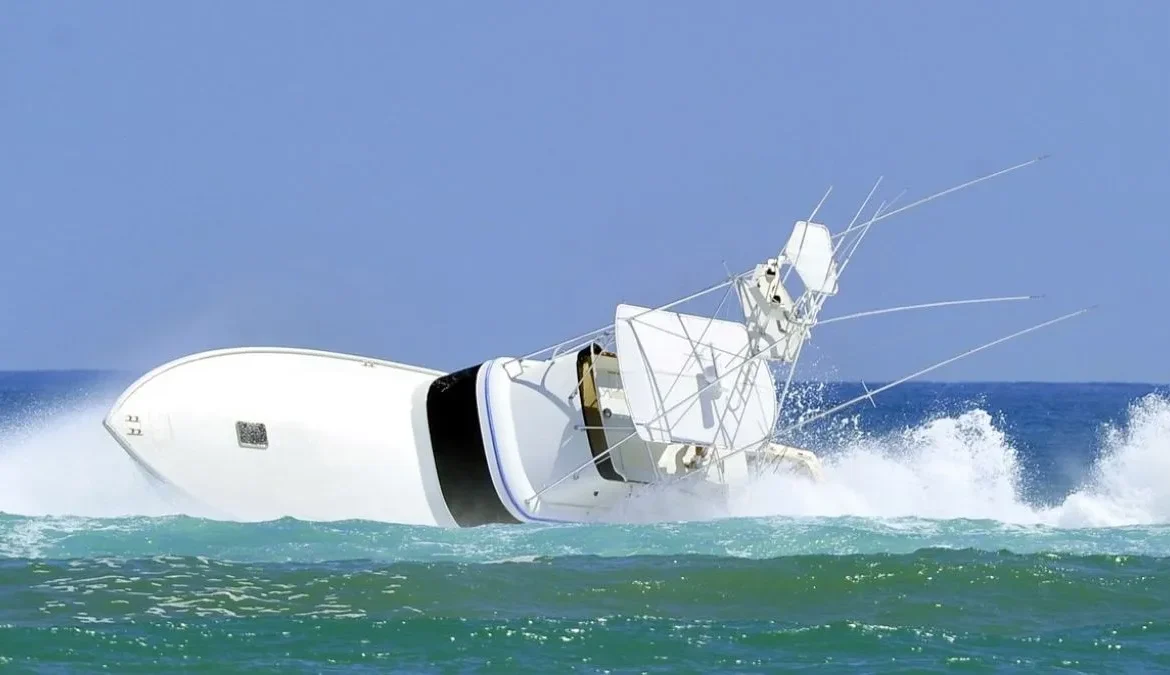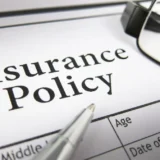While boating can provide many hours of fun and enjoyment outdoors, it also carries risks that boaters need to be aware of.
Unfortunately, boating accidents are all too common and can have serious or even fatal consequences if proper safety precautions are not followed.
In this article, we will explore some of the leading causes of boating accidents and provide simple steps boaters of all experience levels can take to help prevent mishaps and enjoy their time on the water safely.
Contents
Alcohol Impairment
Drinking alcohol is a major contributing factor in many recreational boating accidents. Similar to driving a vehicle, operating a boat while under the influence of alcohol slows reaction times, impairs judgment, and increases the likelihood of an incident occurring.
Furthermore, the motion of a boat on the water combined with exposure to sun, wind, and waves can exacerbate the intoxicating effects of alcohol.
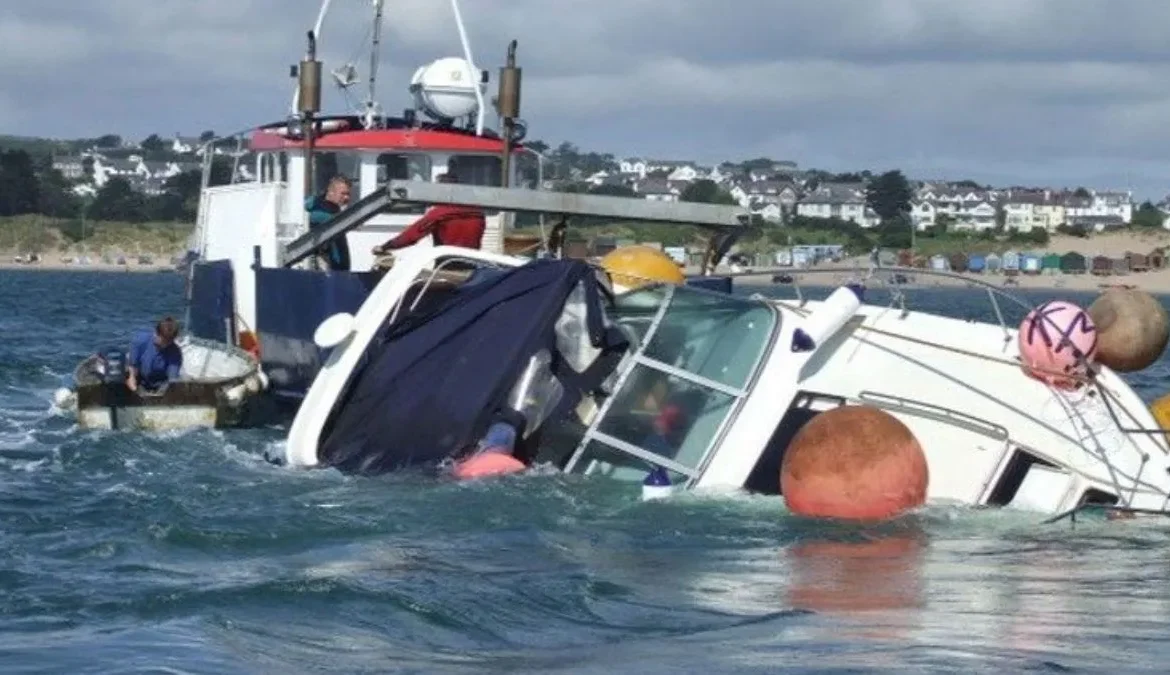
To avoid accidents, boaters should never operate a vessel after consuming any amount of alcohol, just as they would not drink and drive a car.
Lack of Safety Equipment
Another leading cause of preventable boating accidents is the failure to have the required safety gear onboard.
This includes personal flotation devices (PFDs), also known as life jackets, for each person; as well as properly functioning navigation lights, fire extinguishers, horns or whistles, and other federally mandated equipment.
Especially on small watercraft like Jet Skis or fishing boats, a lack of life jackets in particular leaves boaters more vulnerable if they end up in the water unexpectedly.
Taking the time to ensure all safety devices are present and in good working condition before casting off can significantly reduce risks.
Operator Inexperience
Gaining experience takes time, and many recreational boaters jump in without sufficient knowledge or practice. Overconfidence from a lack of boat-handling skills is a common factor in crashes.
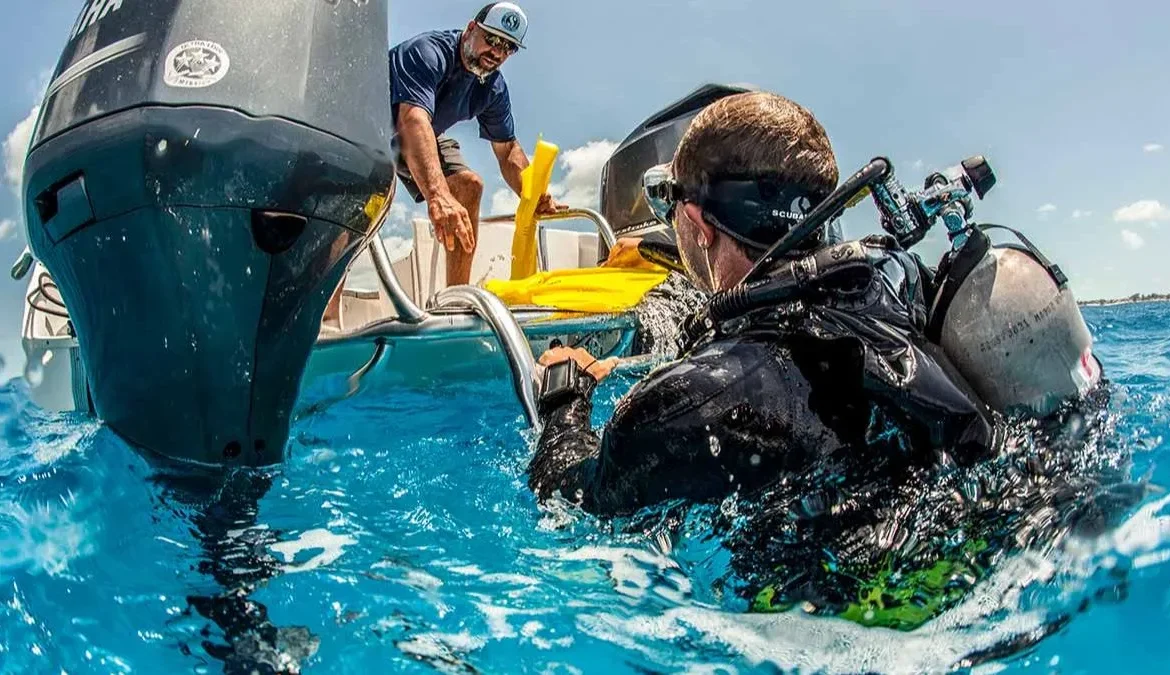
New boaters should start slowly, familiarize themselves with their vessel, learn basic safety rules, and take a boating safety course.
More experienced captains can also help reduce boating accidents caused by inexperience by offering guidance to novices whenever sharing the water.
Taking a boating safety class can provide foundational understanding and build confidence among less experienced operators.
Excessive Speed
Speeding and reckless operations sadly also contribute to needless boating accidents. Boaters have a responsibility to throttle down in crowded areas, near swimmers, docks, or shorelines.
Harbors and no-wake zones in particular demand slow, careful navigation. Sudden turns or other erratic maneuvers at high speed carry heavy risks of losing control or colliding with people, boats, or fixed objects.
Obeying posted speed limits and common sense reduce the chances of accidents from speeding on the water.
Mechanical Failure
All vessels eventually experience some kind of equipment issue that needs fixing. However, neglecting routine maintenance like checking fluid levels, inspecting hoses, and performing other periodic services sharply increases the probability of a breakdown when out on the water.
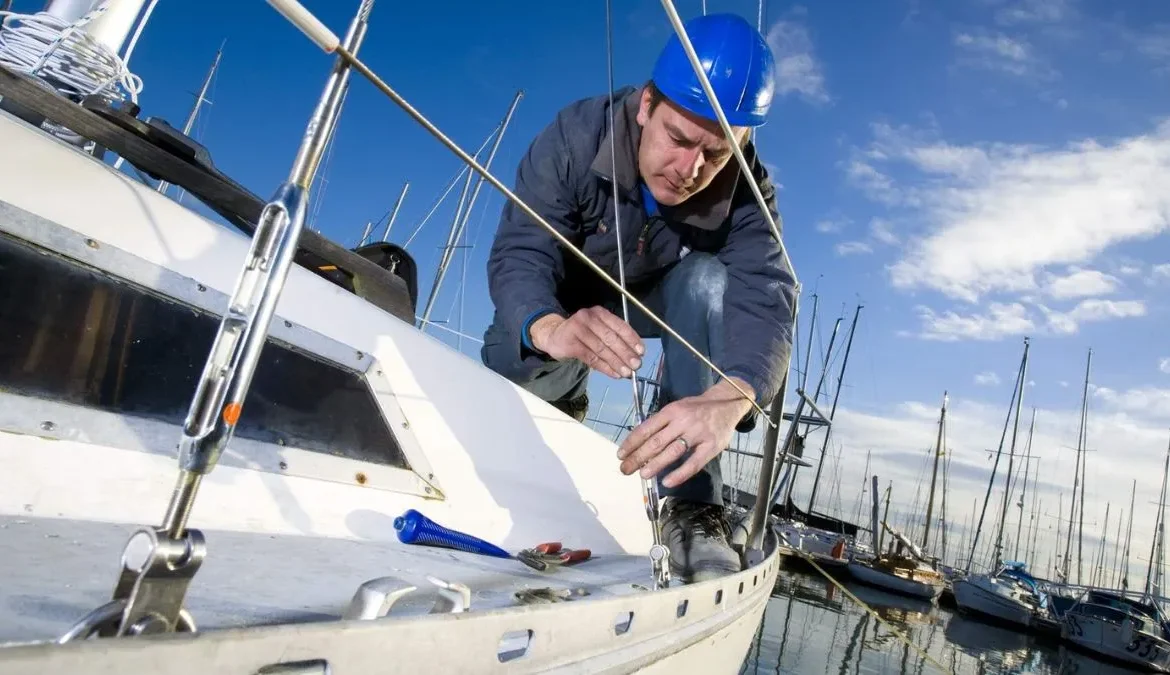
Fuel or oil leaks, loose steering components, failed electrical systems and other mechanical problems can potentially leave boaters stranded or struggling to control their craft, which increases safety risks.
Regular maintenance performed by qualified marine technicians helps prevent accidents caused by equipment failure.
Adverse Weather
Most recreational boaters are fair-weather sailors who only venture out when the skies are clear. However, weather conditions can change rapidly and potentially catch boaters by surprise if they are unprepared or too far from shore.
Thunderstorms with high winds and rough seas in particular present hazards. Checking forecasts before departing and maintaining a weather eye while on the water can give boaters time to seek safe harbor if threatening conditions develop.
Being prepared with proper gear like all-weather coats and having a reliable means of communication also reduces risks from adverse boating in poor visibility or storms.
Collisions with Other Vessels
Crowded waterways with many boats moving in different directions increase the chance of crashes between vessels.
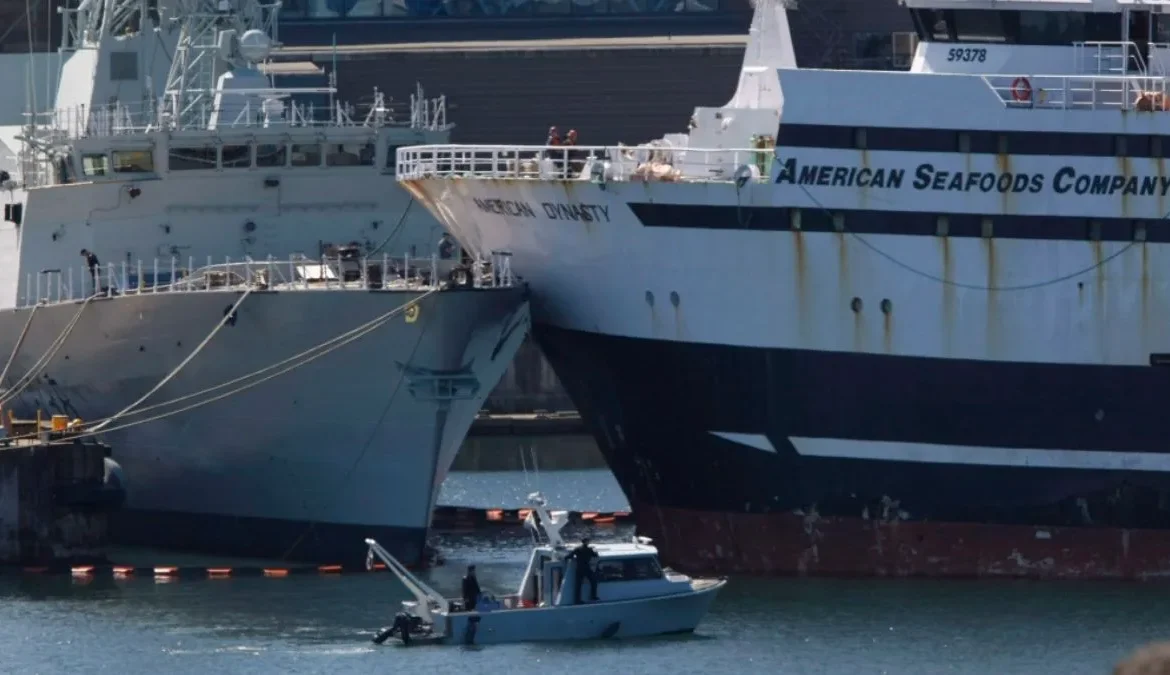
However, many boating accidents stem simply from inattention, failure to follow the internationally recognized “Rules of the Road” for preventing collisions or misjudging the speed or actions of other crafts.
Following basic steering and sailing protocols, keeping a sharp lookout at all times when underway, and being prepared to take evasive action if necessary can help protect against collisions that frequently result in injuries or sinking boats.
Communication devices allow boaters to notify others of intentions and potential hazards as well.
Falling Overboard
Especially from small boats like canoes, kayaks, Jet Skis, or sailboats without rails, accidentally tumbling into the water happens more often than most boaters may realize.
Strong winds, sudden passenger movements, wakes from other vessels or simply losing one’s balance all potentially contribute to falling over the side.
This presents two related risks – the danger of drowning if no one notices and throws a lifejacket, as well as potential boat-person collisions if the vessel circles back.
Wearing a well-fitted lifejacket is the single best way to prevent serious harm or death from unexpected dumping overboard.
Lack of Safety Planning
Many recreational boaters fail to adequately plan for emergencies or hazards before casting off.
Essentials like filing a float plan with others, and packing adequate supplies like food/water and appropriate clothing can mean the difference between a minor mishap and a serious crisis.
Establishing on-water communication methods, learning basic first aid, and ensuring everyone understands designated responsibilities also forestall unnecessary risk.
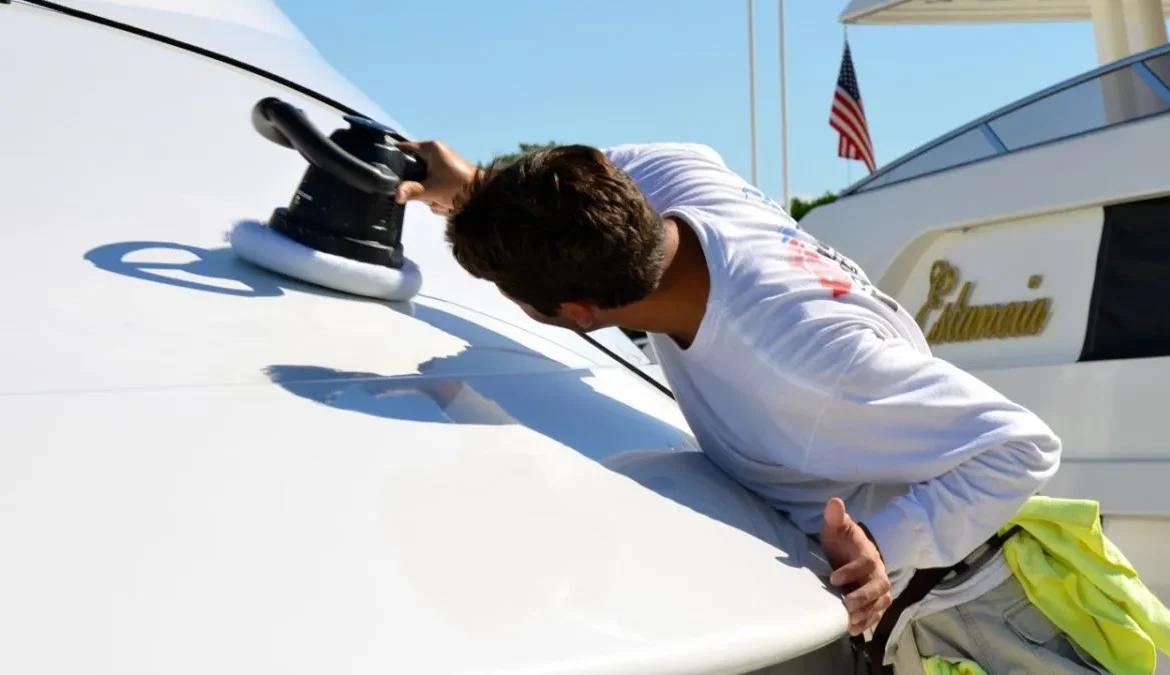
Taking basic precautions like checking the forecast or notifying the Coast Guard of long trips helps rescuers respond promptly if problems do arise. Preparation minimizes dangers through prudent safety planning.
In summary, the majority of boating accidents stem from human factors that boaters have direct control over like alcohol use, lack of required safety gear, inexperience, improper speed, mechanical neglect, weather awareness, vessel navigation, preventable falls overboard, and failure to adequately plan for contingencies.
Following relatively simple safety guidelines at all times can dramatically reduce risks while still allowing the enjoyment of boating.
With prudent precautions and vigilance, recreational boaters of all abilities can significantly lower their chances of being involved in an accident through awareness and responsible operations.
Some additional tips to help prevent boating accidents include taking a boating safety course endorsed by your state or the U.S. Coast Guard, never overloading your vessel beyond stated capacity, being especially cautious at night, and letting someone on shore know your float plan and expected return time.
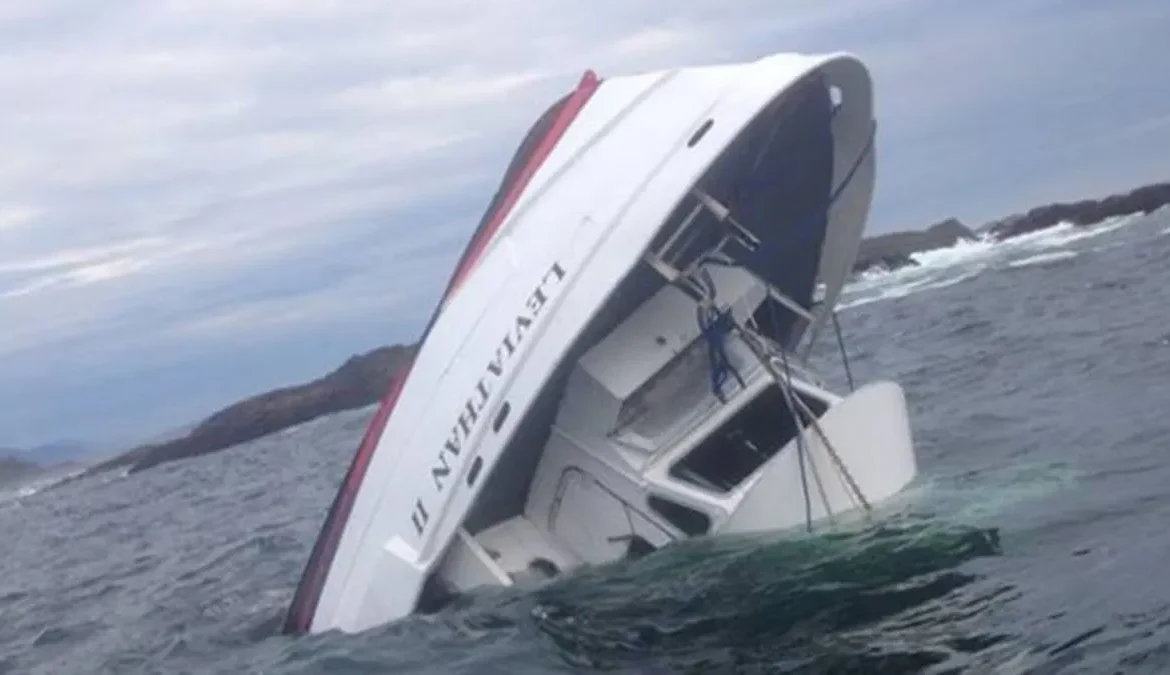
With increased awareness and strong adherence to basic safety practices, hopefully, fewer families will experience boating accidents and the resultant tragedies.
Remembering that water transportation carries inherent hazards requiring caution and care can go a long way in maintaining enjoyable outings without serious incidents.
So keep safety top of mind, operate responsibly, and look out for each other – it could save lives.
Summary About Boating Accidents
In reviewing the leading causes and establishing some basic preventative measures, with responsible and safety-conscious operation recreational boaters of all experience levels can significantly reduce their risks of potentially serious or tragic boating accidents.
Taking a proactive approach through education, required equipment and prudent planning empowers all vessels to enjoy calmer waters.
